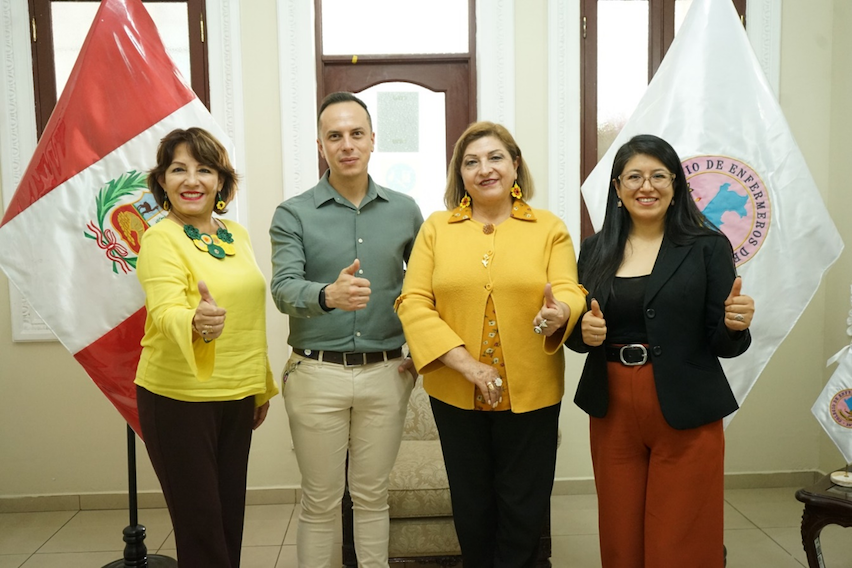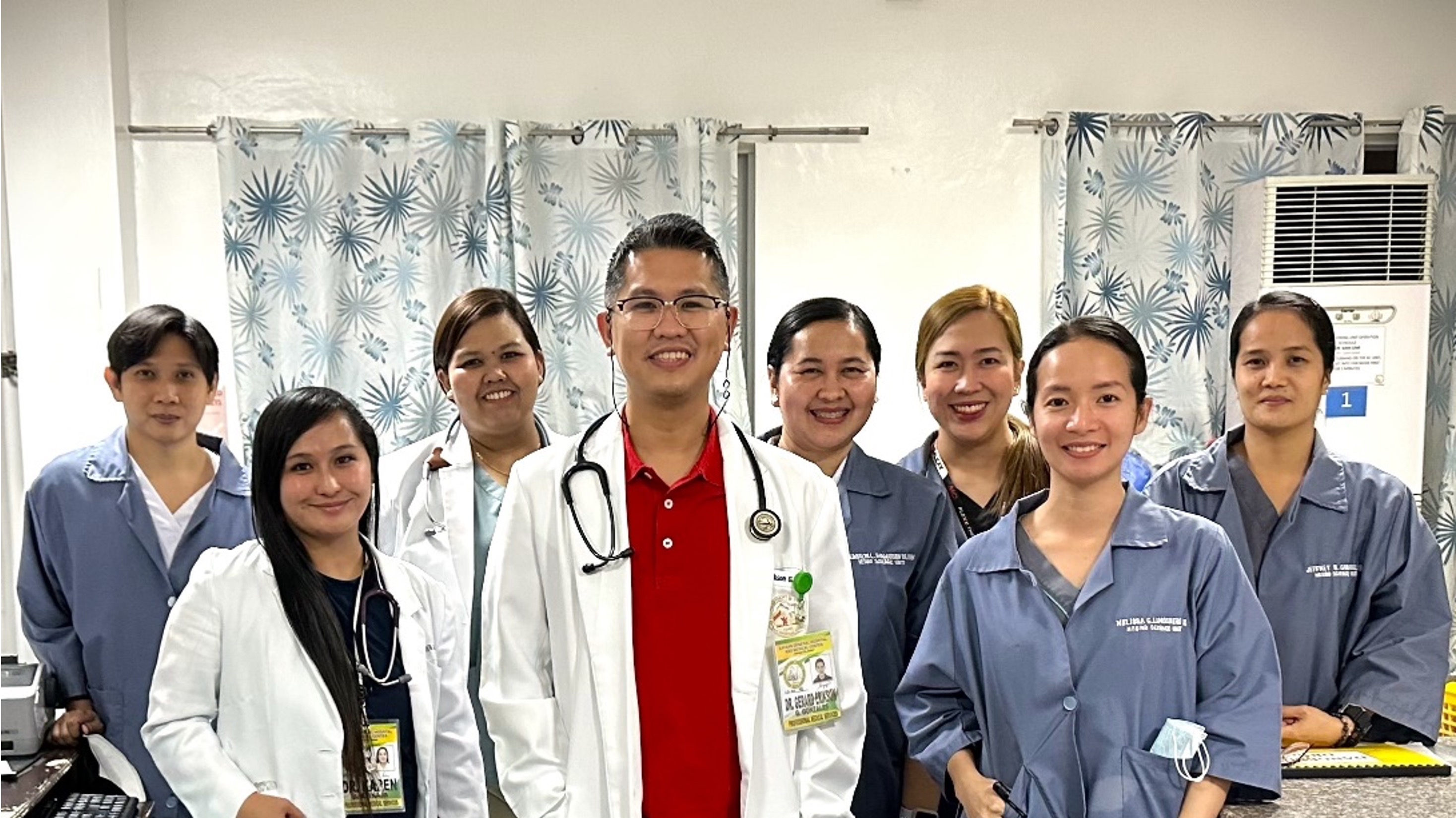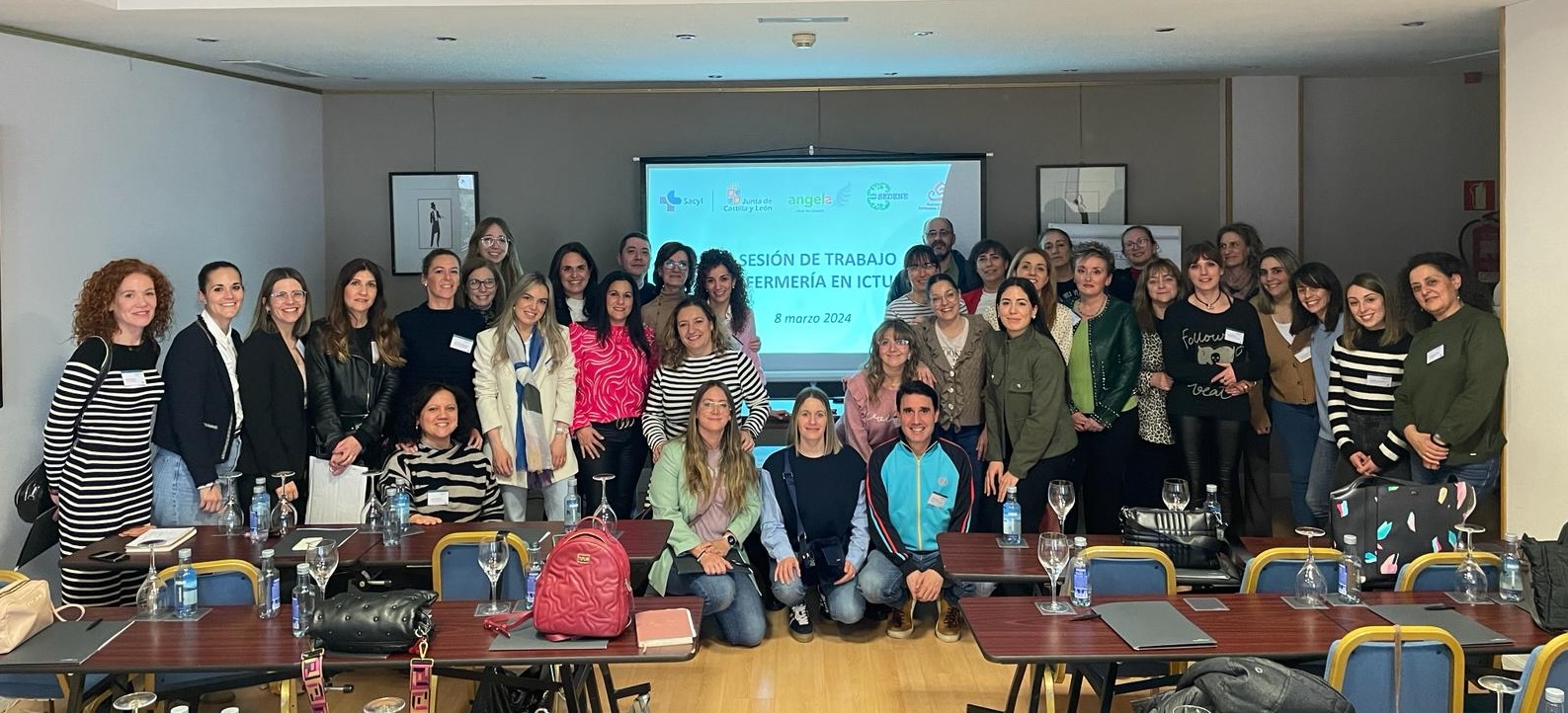The World Health Organization (WHO) has designated 2020 as the “International Year of the Nurse and the Midwife,” in honor of the 200th anniversary of Florence Nightingale’s birth.

From the pre-hospital all the way to the post-acute phase, nurses play key roles in ensuring an optimal stroke pathway.
We realized the importance of nurses in stroke treatment right from the start and as a result, the Angels toolkit contains many items that are specific to nurses. Actually, our very first e-learning program we launched on the Angels website was the Stroke Nurse Certification e-learning. We realized that if we want to offer something of value to nurses it has to be available in their local language and has since translated this Certification into 17 different languages. We are proud to say that so far more than 9,000 nurses worldwide has taken this course.
We also launched the QASC Europe project together with the ESO and the Nursing research Institute that aims to empower nurses to show that nurse led interventions that has been proven to reduce mortality can be successfully implemented in European hospitals.
More recently, we collaborated with Nutricia to also make an e-learning on Dysphagia and Nutrition available to our nursing community.
Throughout the Angels Initiative, we always look for ways to develop people thereby strengthening the community. We were thus inspired by the drive and passion shown by the nurses in Spain. Seven nurses from different regions in Spain decided to start the Spanish Society of Neurological Nursing (SEDENE) in December 1993. They simply wanted to be in a group of people who share the same passion, values and drive. More than two decades later, SEDENE has become a significant platform for the empowerment, knowledge and coordination of nurses in Spain’s neurology field. Throughout its history, the society has produced neuroscience nursing courses, manuals, guides and actively collaborates in the strategy of the National Health System for strokes, neurodegenerative diseases and rare diseases. They also hold a yearly conference together with the Spanish Neurology Society (SEN), regularly attended by more than 300 nurses.

The need for and benefits of having such a specialized society may seem obvious, yet to our knowledge they are still the only stroke specific nursing society of its kind in Europe.
In December 2019, during a meeting to plan 2020 activities, some of our Angels Consultants came up with a proposal to try to establish international collaboration between nurses. We have seen the value that doctors get from exchanging ideas with colleagues from other countries by attending conferences and being art of steering committees and we wanted also to provide nurses with a platform to grow.
To test the concept three names were suggested. Estella San Juan from Vall d’Hebron Hospital in Spain, who is also the group coordinator of SEDENE; Dr. Antonella Urso Health Department of the Lazio Region who is also in coordination with the Stroke Regional Network in Italy and an ESO-Angels Spirit of Excellence Award winner in 2018, as well as Portugal’s QASC Coordinator, Susana Salselas from ULS Nordeste, Unidade Hospitalar de Macedo de Cavaleiros.
The idea was modest and all three of them excitedly agreed; let’s have nurses from various countries meet for a coffee session during the ESO/WSO Conference 2020 in Vienna and see what can be developed from there.
“I understand that this idea represents something of great value in this very special year - the International Year of the Nurse. Highlighting the importance of country-sharing in order to standardize nursing care in stroke in Europe and the benefit it can bring to Portugal, as we are missing national formal guidelines for nursing care in stroke.” - Susana Salselas
It remains to be seen whether the pandemic will allow this to take place in November. Nonetheless, the three nurses decided not to wait and have already established their first connection through online conferencing together with their Angels Consultants.

Though it was still exploratory in nature, the short meeting resulted in many promising ideas on various topics. It quickly became obvious there is a lot they can learn from each other among just the three of them, and the group was eager to learn even more from countries that are more advanced and provide guidance to colleagues from countries that are less organized.
"I think it is a great opportunity to be in touch with other nurses across Europe so we can share our experiences, ideas, protocols, and models that have worked in their countries. We can even collaborate in the future in multicentric, international studies to be able to provide more evidence to nursing stroke care".– Estella San Juan
As with SEDENE in Spain, a national society or committee would tremendously help in streamlining guidelines, protocols and coordination of relevant trainings and events, in addition to creating a sense of community with a common goal. It would also open an easier path to efforts which require input or coordination at an international level, namely the much-coveted international stroke nursing guideline.
There certainly wasn’t enough time for groundbreaking progress to be made in this first discussion. However, the self-titled Angels Nurse Task Force have agreed to focus on the following:
- Establish relationships among Angels nurses at national and international level
- Establish an online communication platform for sharing of resources and informal discussions among Angels nurses
- Promote sharing of experience and good practices, for example through webinars
- Advocate for large scale improvements such as advanced trainings or standardized guidelines for stroke nurses
“I am very enthusiastic for this initiative that represents a great opportunity for nurses, both to improve the nursing practices of patients affected by stroke and to enhance their role in the care team.” – Antonella Urso
It is a humble beginning but if the history of SEDENE is anything to go by, we may be witnessing the start of a very important success story for stroke nurses everywhere.



